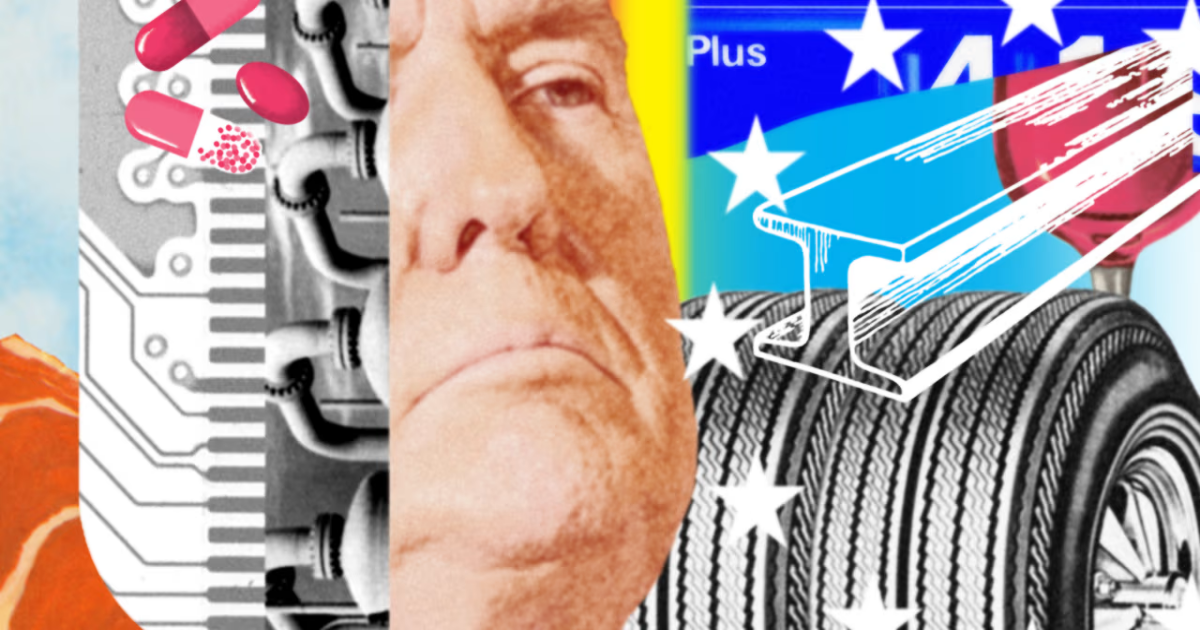Stocks climbed Tuesday after U.S. Commerce Secretary Howard Lutnick said in a CNBC interview that he has reached a trade deal with an unnamed country.
A deal on tariffs with even one country could be seen by investors as much needed progress as they await updates on how President Trump’s trade policies will impact the economy and corporate earnings.
Despite the afternoon rally, the S&P 500 ended the day with its biggest loss in the first 100 days of a new presidential term since Nixon’s in 1973.
Early Tuesday, General Motors pulled its earnings guidance, saying tariffs had clouded the outlook, and reported that quarterly profit slid.
Lutnick, in his trade-deal comments, said that the arrangement still required approvals in the unnamed country. Earlier, Treasury Secretary Scott Bessent described President Trump’s trade policy as “strategic uncertainty” and said markets would gain clarity as the U.S. starts announcing deals.
In the meantime, American companies have been scrambling to understand how various tariffs will affect their businesses. JetBlue Airways withdrew its forecast, and warned soft demand will likely continue this quarter. Meanwhile, UPS said it would cut 20,000 jobs and slash costs, a move its CEO said was timely given macroeconomic uncertainty.
On Monday, investors had welcomed news that the president was likely to soften the impact of auto tariffs. Duties on cars wouldn’t stack on top of other levies, and some tariffs on foreign parts would be eased, The Wall Street Journal reported.
Meanwhile, a consumer-sentiment survey showed the economic mood getting gloomier in April, while a separate report on March job openings indicated that the U.S. job market looked a little weaker heading into this month’s tariff turmoil.
While there is movement in various aspects of trade talks, the China-U.S. trade war showed no signs of easing. In his remarks, Bessent declined to say whether the U.S. and China are in direct negotiations over tariffs, and the Chinese Foreign Ministry vowed in a social-media video posted Tuesday to “never kneel down” to Washington.
Later this week, investors will be parsing other economic reports for signs of the trade policy’s broader impact.
“While the market can take a breath from tariff news, I think the next leg will be about what it means for the economy,” said Megan Horneman, chief investment officer at Verdence Capital Advisors.
Stocks advanced. The Dow Jones Industrial Average increased 300 points, or 0.7%, while the S&P 500 gained 0.6% and the Nasdaq Composite ended 0.5% higher.
Treasury yields fell. The 10-year yield dropped to 4.171%, having settled Monday at 4.21%.
The dollar rose slightly, while gold prices fell, as demand for so-called haven assets eased.
European and Asian indexes mostly rose.
—By Ed Ballard and Hannah Erin Lang
📧 Get smarter about markets with our free weekday morning and evening newsletters.
